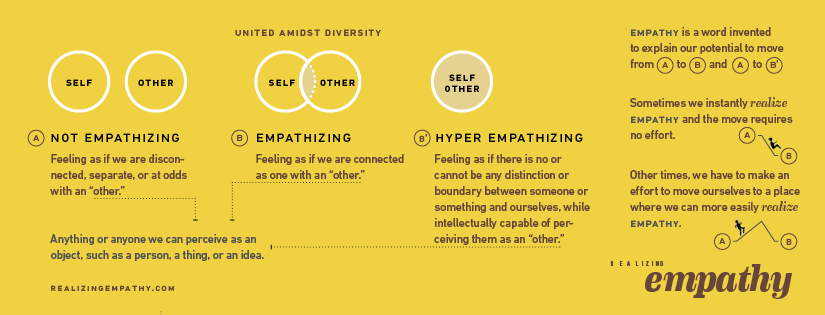In startup circles,
there is wide-spread worship
of “growth.”
The lure of building a company worth $1 billion,
known as a “unicorn,”
looms large.
In contrast,
we often hear people demean survival,
with phrases like “mere survival is not enough,
we must thrive!”
…
The reality is that building a company
often feels like being in a war.
Not because we’re in a competition,
but because we get hurt,
—emotionally—
often to significant degrees.
And what I find interesting
is that when I help founders recover
from these emotional wounds,
I often see them naturally grow—
their minds,
their hearts,
and their relationships.
The kind of growth made possible
precisely because they got hurt.
Just as our muscles grow
by getting hurt
then recovering,
perhaps we can also grow,
by recovering.
By surviving.
By living.
By telling the God of death,
“Not today.”
